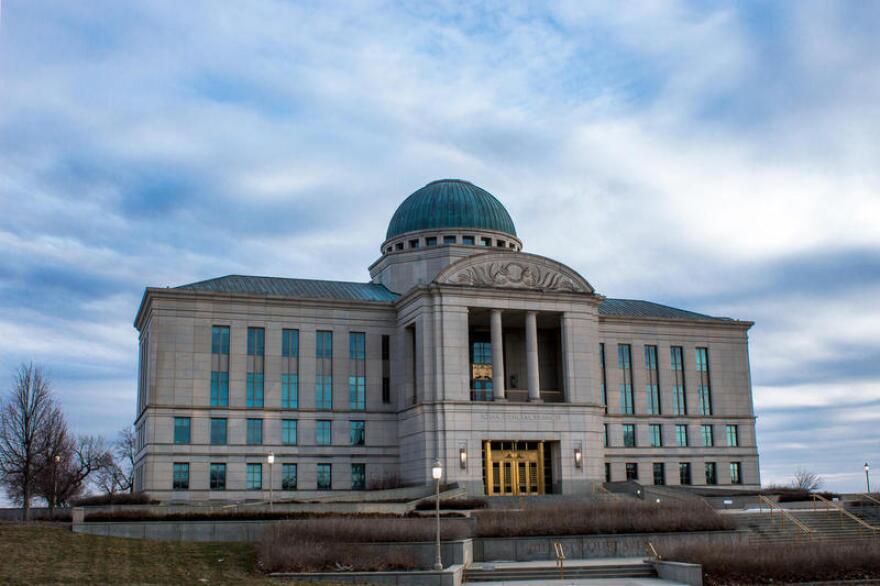The Iowa Supreme Court has made it possible for people who plead guilty to a crime to later claim innocence and challenge their conviction.
In a 4-3 opinion issued Friday, the court overturned its previous interpretation of Iowa law concerning post-conviction relief for those who plead guilty.
Before this opinion, criminal defendants in Iowa who pleaded guilty could not challenge their conviction by claiming innocence, even if new evidence was found. Previously, defendants could only attack their guilty pleas if the court determined they did not “knowingly and voluntarily” plead guilty.
Brian Farrell is a lecturer at the University of Iowa College of Law and president of the Innocence Project of Iowa. He says this opinion is important because the Iowa Supreme Court is recognizing that innocent people sometimes plead guilty.
“This happens quite frequently,” Farrell says. “Someone is presented with the option to plead guilty to a much lesser offense, and they weigh the risk against the certainty of the outcome and decide to plead guilty.”
The opinion stems from a challenge brought by Jacob Lee Schmidt. He pleaded guilty to charges related to child sex abuse and was convicted. Later, he was informed the victim recanted his testimony and said Schmidt had never abused him.
Schmidt’s case will go back to Woodbury County District Court, where a judge can now consider this new evidence.
Iowa is now one of about 14 states that allow this kind of innocence claim.
“I think it puts us on the right track of preventing what I think most people would agree are the gravest injustices that we could have in the system—for an innocent person to be convicted of and serve a sentence for a crime they didn’t commit,” Farrell says.
Farrell adds this will only apply to defendants who have fairly convincing evidence of their innocence.


